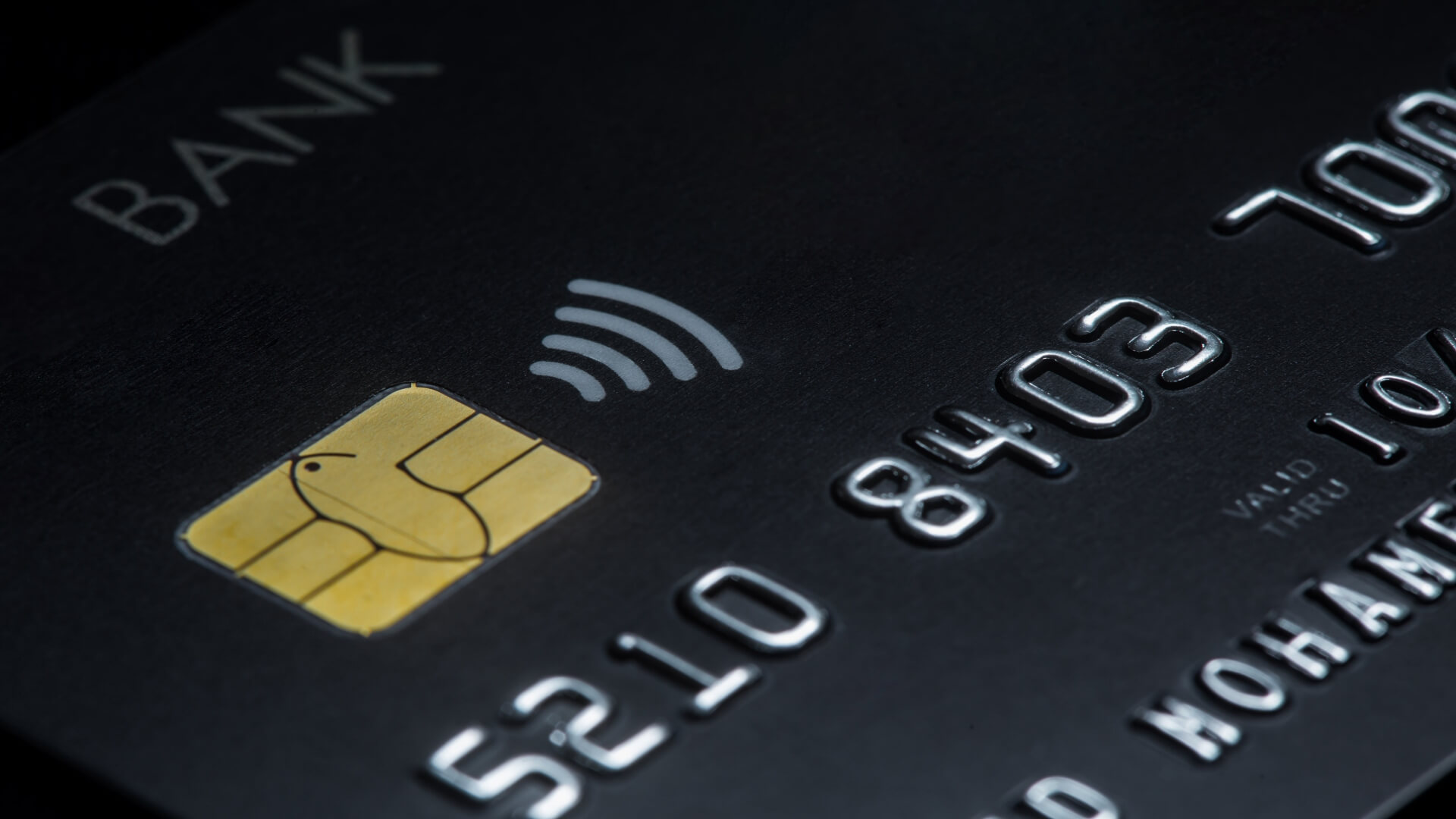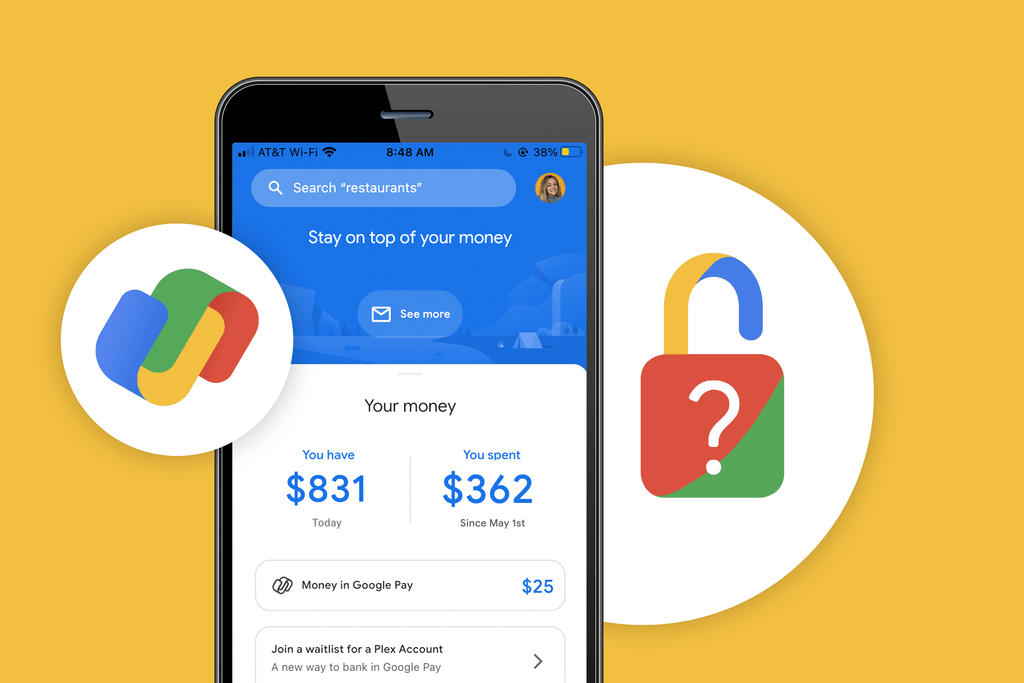
Can You Go to Any Bank to Exchange Bills?
I recall a time when I had a handful of old bills that I needed to exchange. I wasn’t sure if I could do it at any bank, so I decided to do some research. What I found was that there are a few things to keep in mind when exchanging bills.
First, not all banks offer currency exchange services. Some banks only exchange bills for their own customers, while others may charge a fee for the service. It’s always best to call your bank ahead of time to find out if they offer currency exchange and what their fees are.
Visiting a Bank for Currency Exchange
If your bank does not offer currency exchange services, you can try visiting a currency exchange kiosk or a travel agency. These businesses typically offer competitive rates on currency exchange, and they may also be able to provide you with other travel-related services, such as passport photos or travel insurance.
When exchanging bills, it’s important to bring your ID with you. The bank or currency exchange kiosk will need to verify your identity before they can exchange your bills. You’ll also need to declare the amount of money you are exchanging, and you may be asked to fill out a form.
Definition and History of Currency Exchange
Currency exchange is the process of converting one currency into another. It is a necessary service for people who travel internationally or who do business with people in other countries.
The history of currency exchange dates back to the ancient world. In the days before paper money, people would exchange goods and services directly. As trade became more complex, the need for a standardized medium of exchange emerged. Coins and paper money were developed, and people began to exchange them for goods and services.
The Meaning of Currency Exchange Today
In today’s world, currency exchange is a global industry. There are many different ways to exchange currency, and the rates can vary depending on the country and the currency you are exchanging.
Currency exchange is essential for international trade and travel. It allows people to buy goods and services in other countries and to exchange their money for local currency when they travel. Currency exchange also plays a role in the global financial system, as investors often exchange currencies to take advantage of different interest rates and economic conditions.
Latest Trends and Developments in Currency Exchange
The currency exchange industry is constantly evolving. One of the most recent trends is the rise of online currency exchange platforms. These platforms allow people to exchange currency online, often at more competitive rates than traditional banks and currency exchange kiosks.
Another trend is the development of new technologies that make it easier to exchange currency. For example, some banks now offer mobile apps that allow customers to exchange currency on their smartphones.
Tips and Expert Advice for Exchanging Currency
Here are some tips for exchanging currency:
- Shop around for the best rates.
- Consider using an online currency exchange platform.
- Bring your ID with you when you exchange currency.
- Declare the amount of money you are exchanging.
- Be aware of the fees associated with currency exchange.
Here is some expert advice for exchanging currency:
“It’s important to compare rates from different banks and currency exchange kiosks before you exchange your money,” says John Smith, a currency exchange expert. “You can also use an online currency exchange platform to get a better rate.”
“When you’re exchanging currency, it’s important to be aware of the fees that may be associated with the transaction,” says Jane Doe, a financial advisor. “Some banks and currency exchange kiosks charge a flat fee, while others charge a percentage of the amount you are exchanging.”
FAQs on Currency Exchange
Q: Can I exchange currency at any bank?
A: Not all banks offer currency exchange services. Some banks only exchange bills for their own customers, while others may charge a fee for the service. It’s always best to call your bank ahead of time to find out if they offer currency exchange and what their fees are.
Q: What is the best way to exchange currency?
A: The best way to exchange currency is to shop around for the best rates. You can compare rates from different banks and currency exchange kiosks online or by calling them directly. You can also use an online currency exchange platform to get a better rate.
Q: Are there any fees associated with currency exchange?
A: Some banks and currency exchange kiosks charge a flat fee, while others charge a percentage of the amount you are exchanging. It’s important to be aware of the fees before you exchange your money.
Conclusion
Currency exchange is an essential service for people who travel internationally or who do business with people in other countries. By following the tips and advice in this article, you can save money and get the best possible rates on your currency exchange.
Are you interested in learning more about currency exchange? Leave a comment below and I’ll be happy to answer your questions.

Image: www.rd.com

Image: fanclubthailand.co.uk
Everything you need to know about King Charles’ coins and notes Nov 9, 2023Your bank’s ATM network is likely the best option. You may be able to withdraw cash in the local currency with competitive exchange rates and low fees (1% to 3%). Use your institution’s app to